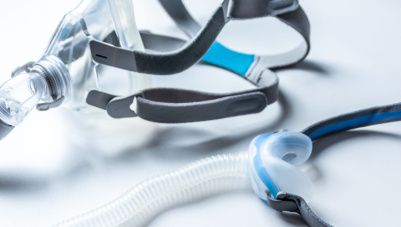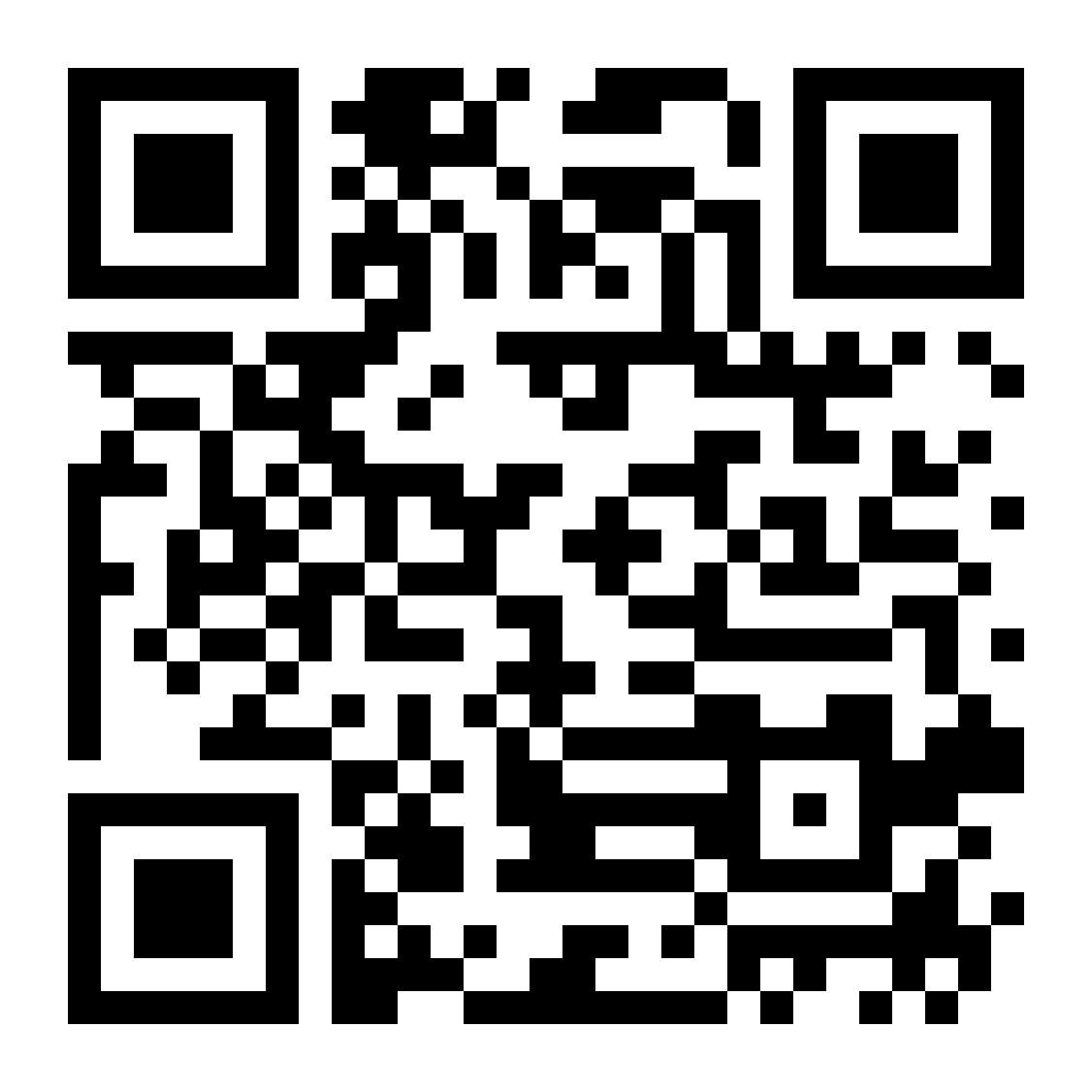CBCT (Cone Beam Computed Tomography) has emerged as a vital imaging technology in dental and ENT practice, delivering high-resolution 3D scans with lower radiation exposure and enhanced diagnostic accuracy. This guide covers what CBCT scanners are, how they function, their clinical benefits, available system types, pricing trends in India, key cost drivers, and essential buying considerations. It also includes a clear comparison between CBCT and OPG imaging to help clinicians select the most suitable diagnostic solution for their practice.
If you are a healthcare professional or clinic owner planning to invest in advanced medical equipment, understanding the functionalities, types, pricing, and financing options for CBCT scanners can help you make an informed purchase.
What is a CBCT scanner?
A CBCT (Cone Beam Computed Tomography) scanner is a diagnostic imaging tool that uses a cone-shaped X-ray beam to capture high-resolution, 3D images of the craniofacial area. This includes bones, teeth, airways, and soft tissues with significantly lower radiation doses compared to conventional CT scanners.
It is widely used in dental implantology, orthodontics, endodontics, ENT (ear, nose, and throat) diagnostics, and even reconstructive surgery. CBCT scanners are especially beneficial for procedures that demand high precision, such as root canal treatments, bone grafting, and tumour assessments.
Because of their compact design and focused imaging capabilities, CBCT machines are now preferred in many outpatient diagnostic centers and specialised dental practices.
How does the CBCT scanner work?
During a cone beam CT scan, the C-arm or gantry rotates fully around the patient’s head, capturing images from multiple angles in a single 360-degree movement. These images are then processed to construct a detailed three-dimensional view.
The X-ray source and detector are positioned opposite each other on the rotating gantry and move together during the scan. In one rotation, the detector captures approximately 150 to 200 high-resolution two-dimensional images, which are digitally reconstructed into a precise 3-D image. This comprehensive view provides dentists and oral surgeons with critical insights into oral and craniofacial structures, supporting accurate diagnosis and treatment planning.
Benefits of using CBCT scanners
Here are the key advantages of cone beam CT technology:
- Better image quality and accuracy: Cone beam CT focuses on a specific area, even as small as a single tooth root. The 3D views allow dentists to examine structures from multiple angles for more accurate diagnosis and complete evaluation.
- Imaging of bone and soft tissues: Unlike conventional dental X-rays, CBCT captures both bone and soft tissue structures. This provides more detailed clinical information and supports precise treatment planning.
- Lower radiation exposure: CBCT scans use a significantly lower radiation dose than traditional CT scans. No radiation remains in the body after the scan, though patients should inform the dentist if they are pregnant.
- Quick and painless procedure: A full-mouth scan usually takes 20 to 40 seconds, while focused scans take less than 10 seconds. The process is non-invasive, painless, and delivers comprehensive diagnostic images in one scan.
Types of CBCT scanners
CBCT scanners are available in different configurations to suit varied clinical requirements and budget considerations:
- By application: Dental CBCT is widely used for imaging teeth, jaws, implants, wisdom teeth, and airway assessment, often integrated with OPG and cephalometric functions. ENT CBCT focuses on sinuses, nasal passages, and temporal bones. Full-body CBCT systems are larger setups used mainly in orthopaedics, trauma, and vascular imaging, and are less common in dental practices.
- By field of view (FOV): Small FOV scanners provide high-detail imaging for single teeth or implant sites. Medium FOV systems cover dental arches and are suitable for implant planning or oral surgery. Large FOV scanners capture jaws, sinuses, and the skull base for comprehensive evaluation.
- By technology and features: Integrated systems combine 2D, 3D, and cephalometric imaging in one unit. Advanced detector technology enables faster image capture and improved clarity. Portable units offer compact designs with limited FOV, while direct conversion sensors deliver sharper images with lower radiation exposure.
CBCT scanner price range in India
The cost of CBCT scanners in India can vary depending on brand, configuration, software, and service support.
| Type | Price Range (INR) |
| Entry-Level Dental CBCT | Rs. 15 lakh – Rs. 25 lakh |
| Mid-Range Dental CBCT | Rs. 25 lakh – Rs. 35 lakh |
| High-End/Full-Body CBCT | Rs. 35 lakh – Rs. 60 lakh+ |
| Refurbished CBCT Machines | Rs. 10 lakh – Rs. 20 lakh |
Key factors affecting CBCT scanner prices
Understanding the price influencers can help you manage your procurement budget efficiently.
Brand and origin: International brands like Planmeca, Carestream, or Vatech are priced higher.
Imaging volume: Larger field of view (FOV) scans cost more.
Software features: Advanced planning tools increase the cost.
After-sales support: AMC and technical support inclusion may raise initial pricing.
Installation and accessories: Lead shielding, UPS, and setup costs are often extra.
Refurbishment status: Refurbished systems come at discounted rates but may lack warranties.
Factors to consider before buying a CBCT scanner
Buying a CBCT scanner is a significant investment for any healthcare setup. Here’s what to evaluate:
- Clinical needs: Match the CBCT machine to your dental speciality, such as implants, orthodontics, endodontics, or oral surgery, to ensure it supports your routine procedures.
- Technical features: Consider field of view options, image quality, voxel size, radiation dose, and specialised modes to balance diagnostic accuracy with patient safety.
Difference between CBCT and OPG Machine
| Feature | OPG (2D) | CBCT (3D) |
| Image type | Single 2D panoramic image | Multiple 2D slices that create a 3D model |
| Detail level | General overview | High-resolution, detailed view |
| Best for | Routine checks, orthodontics | Implant planning, surgery, complex root canals |
| Measurements | Limited for precise measurements | Accurate measurements of bone density, width, and depth |
| Radiation | Generally lower | Higher than OPG, but often lower than traditional CT scans |
Financing options for CBCT scanner in India
CBCT scanners are capital-intensive, but several financing options can make them affordable.
EMI-based medical equipment finance: Avail customized loans for doctors or clinics through NBFCs or banks.
Lease or rental agreements: Ideal for short-term use or trial periods.
Dealer tie-ups: Some vendors offer financing tie-ups with easy approval.
Subsidies or tax benefits: Under certain government schemes, doctors may claim deductions on equipment purchases.
If you are looking for reliable financing options, Bajaj Finance offers medical equipment finance with flexible tenures and quick disbursal. You can also check the medical equipment finance interest rate to plan your repayments accordingly.
Conclusion
Investing in a CBCT scanner can significantly elevate the diagnostic capabilities of your clinic or diagnostic center. With its ability to deliver accurate, 3D, low-radiation imaging, CBCT technology is transforming how dental and ENT professionals approach treatment planning and surgical interventions.
When purchasing a CBCT system, consider the scanner’s clinical utility, space requirements, software, and price. Also, explore financing solutions to ease the upfront burden of high equipment costs. To support your practice expansion, Bajaj Finance offers doctor loan options that can be used for buying CBCT machines, hiring staff, or upgrading infrastructure. The right investment today ensures better care outcomes and business growth tomorrow.














